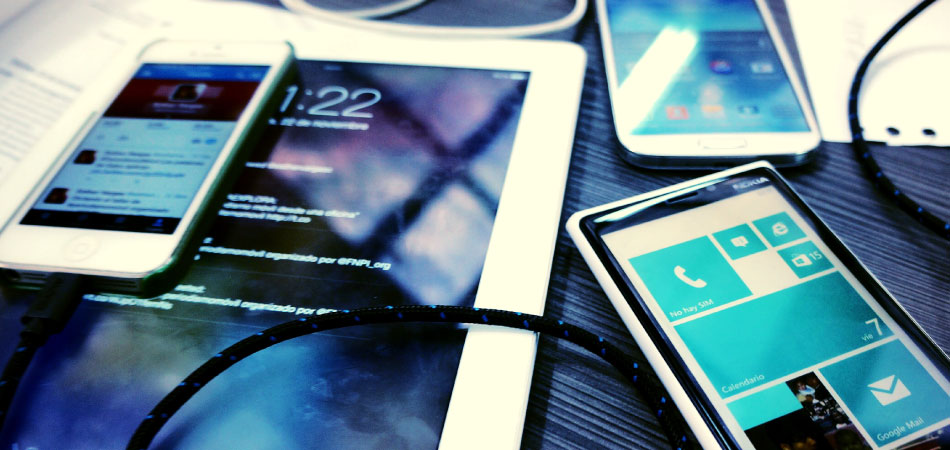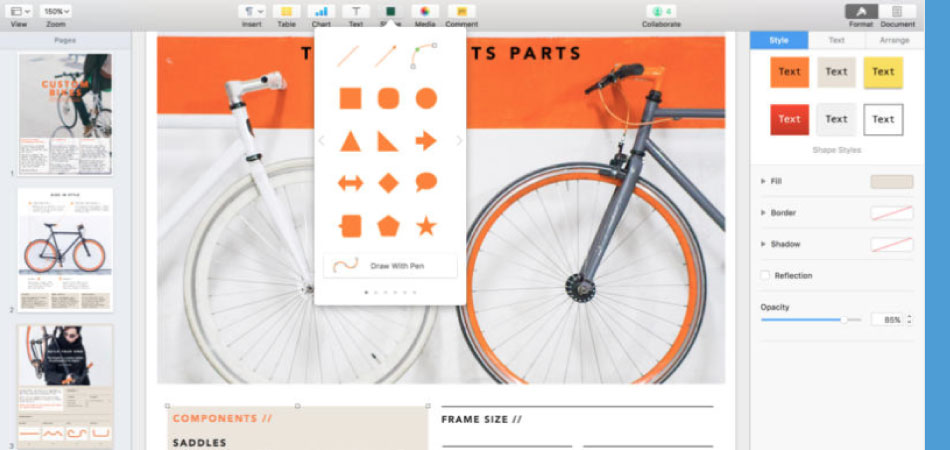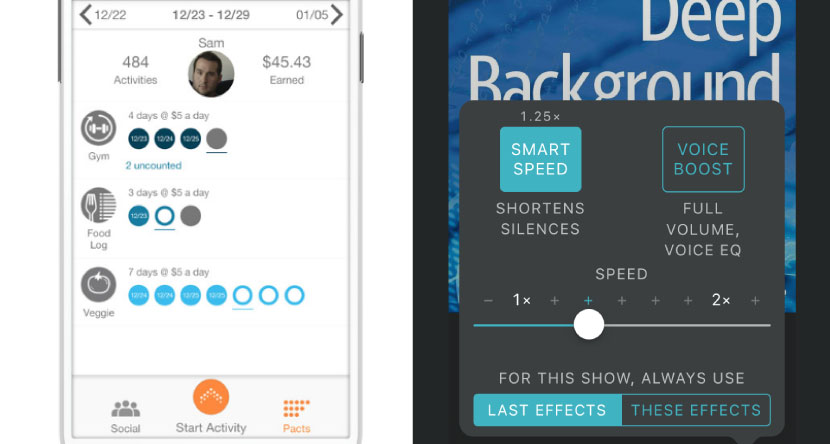As if there weren’t already enough options for unlimited data plans, even U.S. Cellular recently joined T-Mobile, AT&T, Sprint and Verizon on the limitless (but technically limited) data train. Here’s what you need to know about the four largest carriers’ plans and their coverage areas.
But first …
Do you really need unlimited data? Carriers will tell you how much data you’re using each month. To find out how much data you need, look back at your previous months’ usage (which is usually on your bill or in your carrier’s app).
If you use less than 6 to 8GB, depending on what your carrier offers, you probably don’t need an unlimited plan.
The Plans
| Verizon Unlimited plans | AT&T Unlimited Plus plans | Sprint Unlimited plans | T-Mobile ONE Plans | |
|---|---|---|---|---|
| Unlimited (single line) | $80 | $90 | $50/month through March 2018. *then $60/month* | $70 |
| 2 lines | $140 | $145 | $100 | $100/month for limited time. *then $120/month* |
| 3 lines | $160 | $165 | $130 | $140 |
| 4 lines | $180 | $185 | $160 | $160 |
| 5 lines | $200 | $205 | $190 | $180 |
| *Prices listed require subscribers to enroll in AutoPay with a checking or debit account. | *Subscriber must also subscribe to DirecTV or U-verse TV service. | *Requires new account activation | *Must pay using AutoPay | |
| *Plus taxes and fees. | *Prices listed require AutoPay and paperless billing. *Plus taxes and fees. | *Must pay using AutoPay. *Plus taxes and fees. | *Taxes and fees included in price. | |
| Unlimited plans may be throttled after … | 22GB | 22GB | 23GB | 30GB |
| Unlimited plan data allowances | *Verizon does not restrict content currently. | |||
| Video | HD | Standard definition (480p) *Can opt out of Stream Saver to get HD | Up to 1080p | HD |
| Gaming | HD | “High speed” | Up to 8Mbps | “High speed” |
| Music | HD | “High speed” | Up to 1.5Mbps | “High speed” |
| Hotspot | Includes 10GB/line per month | Includes 10GB/line per month | Includes 10GB/line per month | Includes 10/GB/line per month |
| Talk & text | Unlimited | Unlimited | Unlimited | Unlimited |
*Prices shown here are current as of March 18, 2017.
Coverage
The carriers like to fight over which one has the best coverage, luckily for us, there’s RootMetrics. This company independently tests carriers’ networks and puts out RootScore Reports of its findings every six months.
Right now, RootMetrics ranks Verizon as the best carrier. This takes into consideration Network Reliability, Network Speed, Data performance, Call performance, and Text performance. And, actually, Verizon swept each of these categories to win the overall “best” title for the seventh time in a row.
AT&T took second in the overall ranking, followed more distantly by Sprint and T-Mobile was last.
Keep in mind, though, these are national rankings. So, depending on where you live, it may be true that Sprint or another carrier has better coverage in your area. To make sure you’ve got a network that’ll keep you covered, look up your home and any other important addresses in each carrier’s 4G (data) coverage maps:
- Verizon coverage map
- AT&T coverage map
- Sprint coverage map
- T-Mobile coverage map
Throttling
All of these carriers offer “unlimited” data plans, but even if that company advertises the plan as being “truly unlimited,” it’s not. Every carrier practices throttling on unlimited plans at some point. (See the table under the plans heading for information on when each carrier will throttle.)
Throttling happens when carriers make your phone’s data run extremely slow to limit bandwidth. Carriers will usually only throttle a your internet if you hit a certain threshold and you try to connect to a congested cell tower. Congestion happens when an extremely large group of people (like a packed major league baseball stadium) all try to connect to the same tower at the same time. If you’ve used more than — say — 22 GB, your internet usage will be slowed to a crawl while someone else, who hasn’t hit 22 GB, gets priority.
Main photo credit: Flickr/Esther Vargas CC BY-SA 2.0



